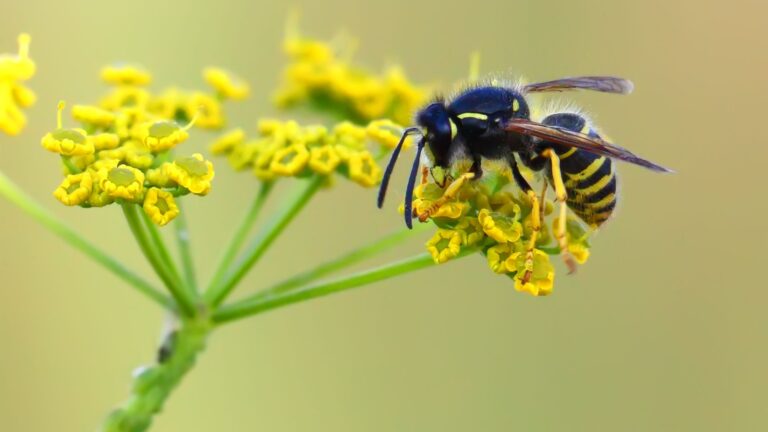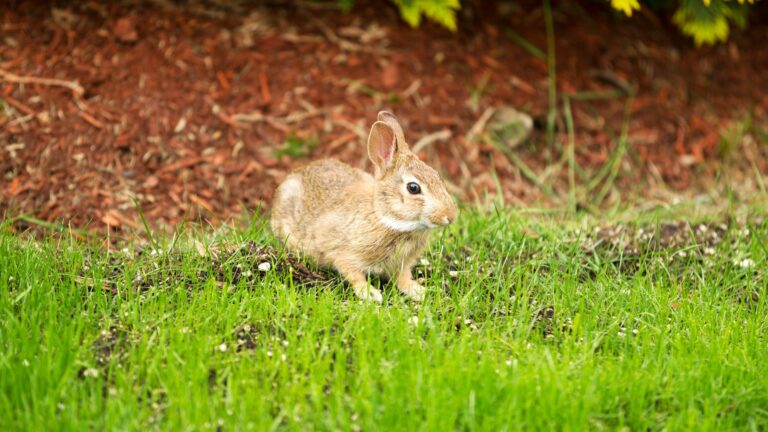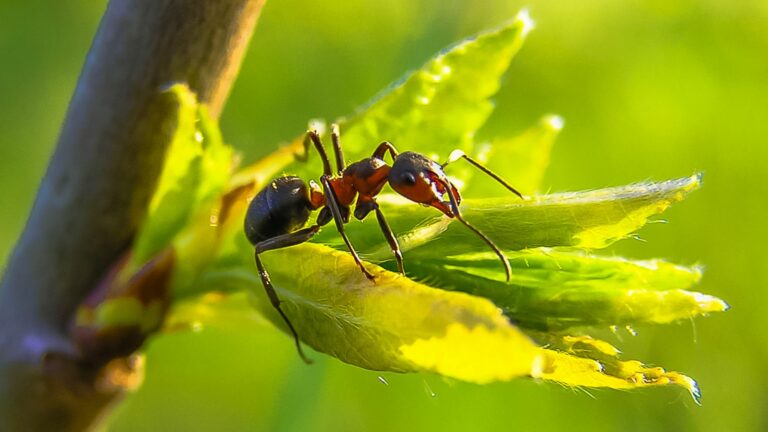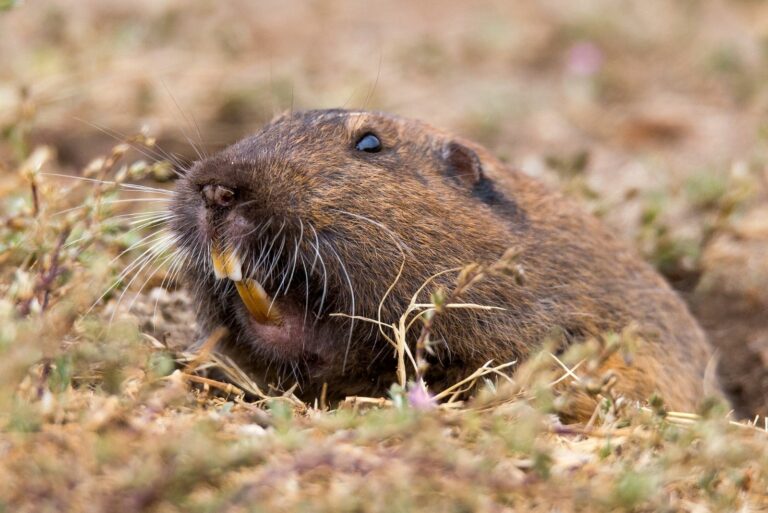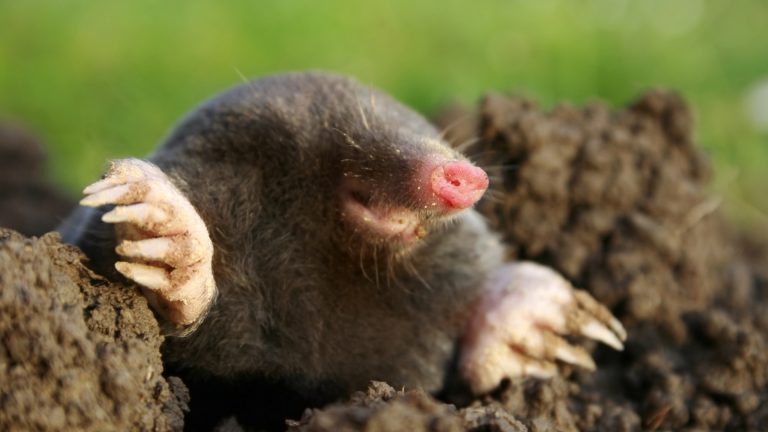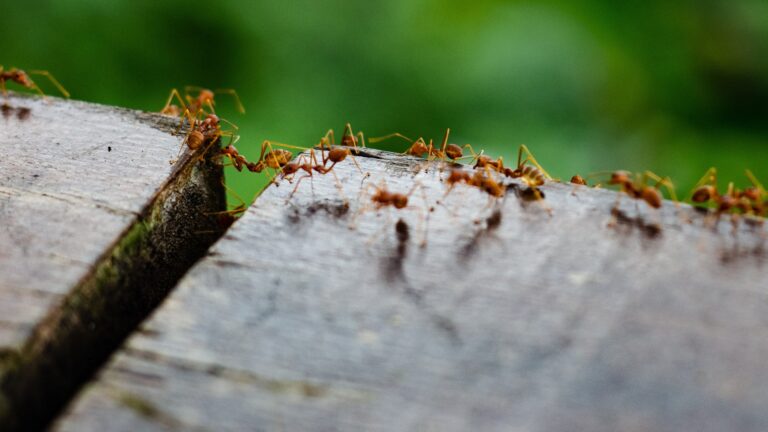How To Keep Raccoons Away
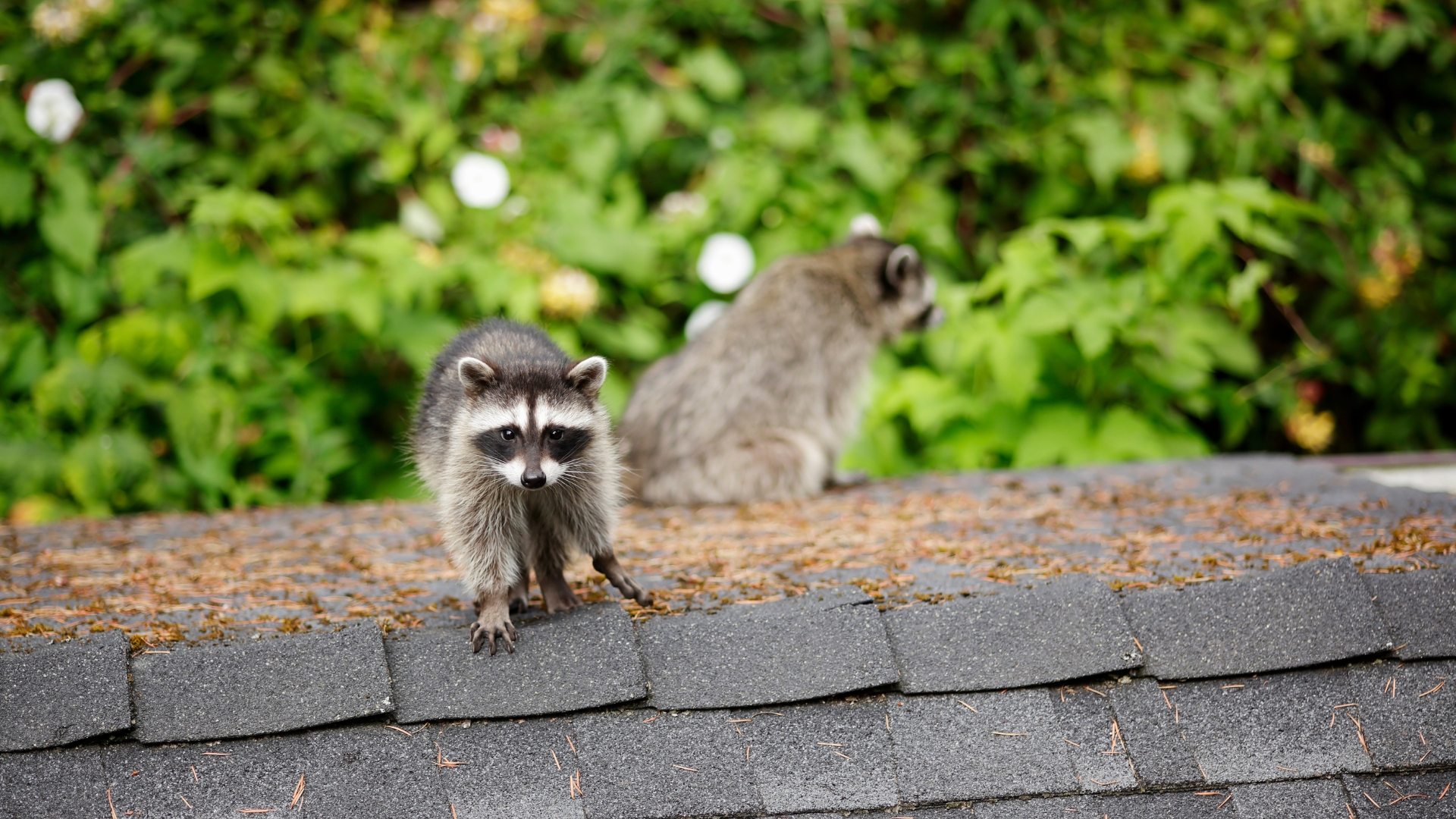
No matter how cute raccoons may appear, remember that they have those bandit masks for a reason!
Even though they are a wildlife species, they do well in urban areas. I often refer to them as smart cookies, and they’re indeed clever mammals, which is why they can adapt so easily.
They’re skillful at climbing and digging and all they need is a small crack in the siding to create an entrance to explore further. This isn’t good news for homeowners because raccoons can be very destructive for gardens and lawns.
If you don’t want these creatures in your outdoor space, don’t worry, I’ve got you covered. In this article, I’ll show you how to keep raccoons away and tell you more about their behavior and signs of their activity.
Let’s get started!
More About Raccoon Behavior
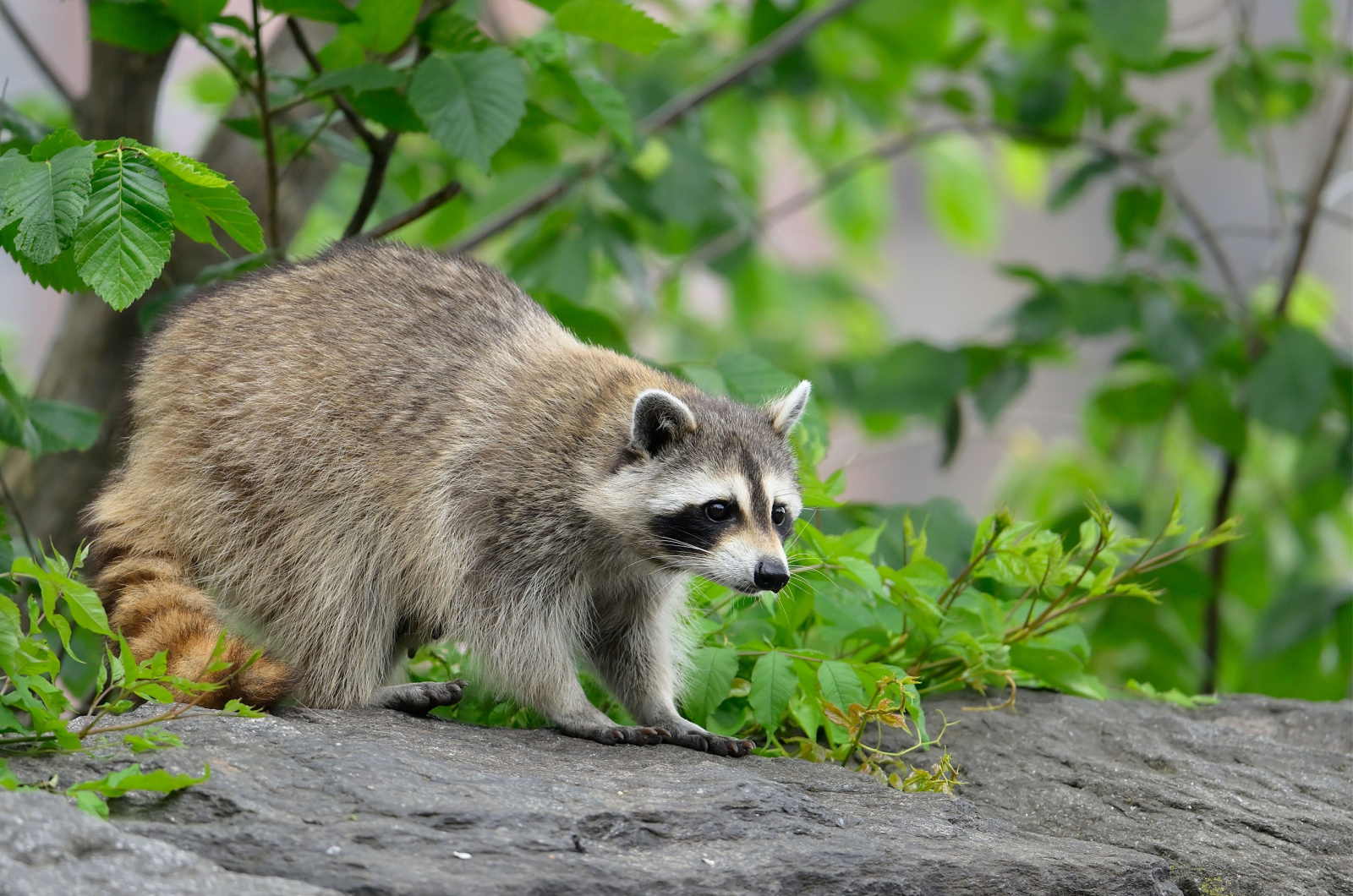
It’s essential to understand the behavior of these animals before taking any action. The first thing to know is that these mammals are opportunistic feeders, which basically means they’ll eat almost anything that comes their way.
Raccoons are classified as nocturnal animals but, more often than not, they can be spotted during daylight hours. Seeds, crayfish, small birds, frogs, and acorns are all potential feeding sources for raccoons.
These creatures are infamous for their dumpster-diving abilities, infiltrating chicken coops with evident expertise, and wreaking havoc in vegetable gardens.
Masters of culinary improvisation, raccoons excel at discovering unknown food outlets, passing down their ingenious methods to their adorable babies.
You can definitely call these mammals fascinating, but never forget the danger they bring with them. And I don’t only mean damage to properties!
Fleas, lice, ticks, and canine distemper are just a few of the diseases and parasites you’ll need to deal with if raccoons invade your yard. (1)
The raccoon population can quickly increase if they enter your chimney or hide under the porch. Roundworm eggs are found in the feces of these animals and these parasites can affect human sight and cause nerve damage. (2)
You should be very careful if you have smaller children because they often put their hands in their mouths after playing on the ground.
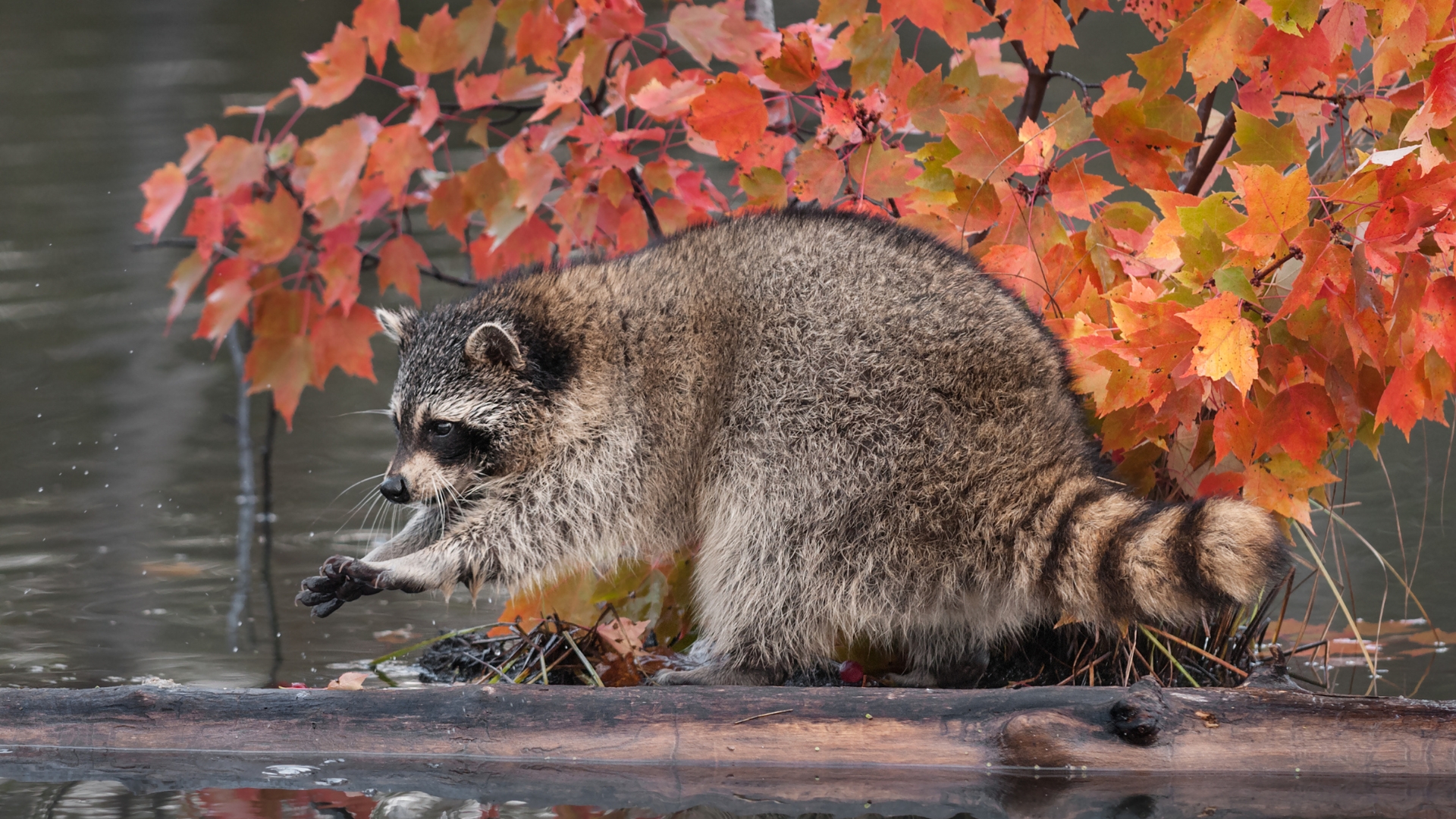
If you’ve ever seen or wondered why these animals wash their food, it’s not because they want their food clean, but rather to make their paws more sensitive.
It helps them determine if the found object is edible. If there isn’t any water source available, they’ll proceed with feeding, and that’s just another cause of their adaptation to our environment.
So the next time you think of raccoons as cute, remember all the danger and do everything to keep these creatures at bay.
How To Recognize Raccoon Activity
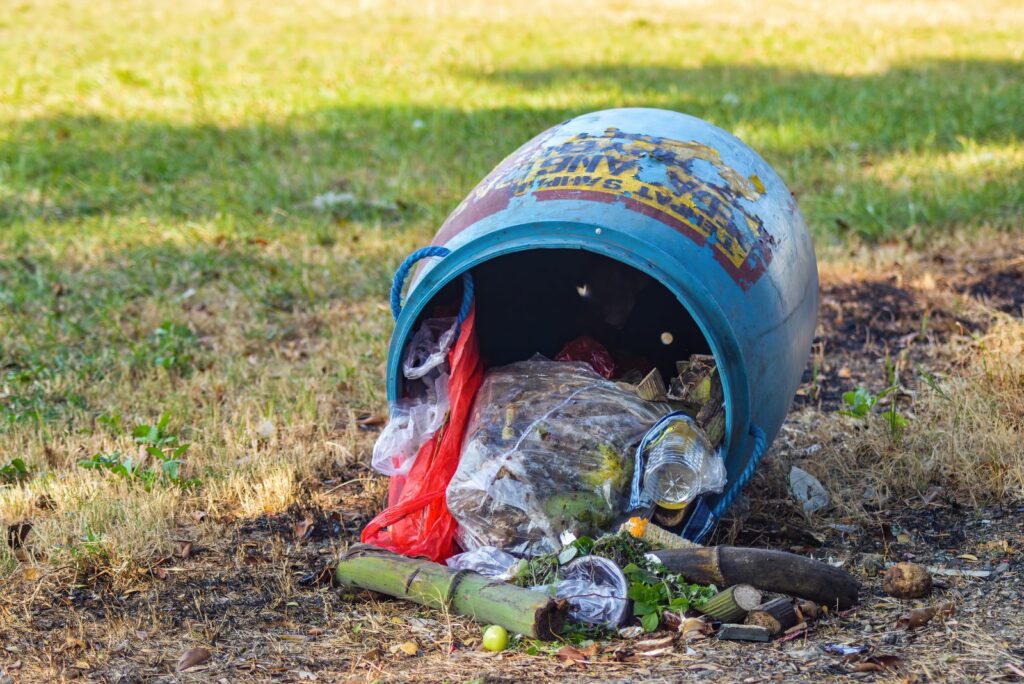
If you suspect there are raccoons in your yard but you haven’t seen any, some things can help you determine their presence.
Overturned garbage is one of the telltale signs of raccoon activity. You may also find the distinctive tracks, featuring elongated toes and claw imprints, with foreprints measuring around 3 inches and hindprints ranging from 3 to 4 inches.
Whines and growls in your chimney or attic may also indicate raccoon activity. If you notice small holes in your lawn, these animals may be to blame.
Ways To Keep Raccoons Away
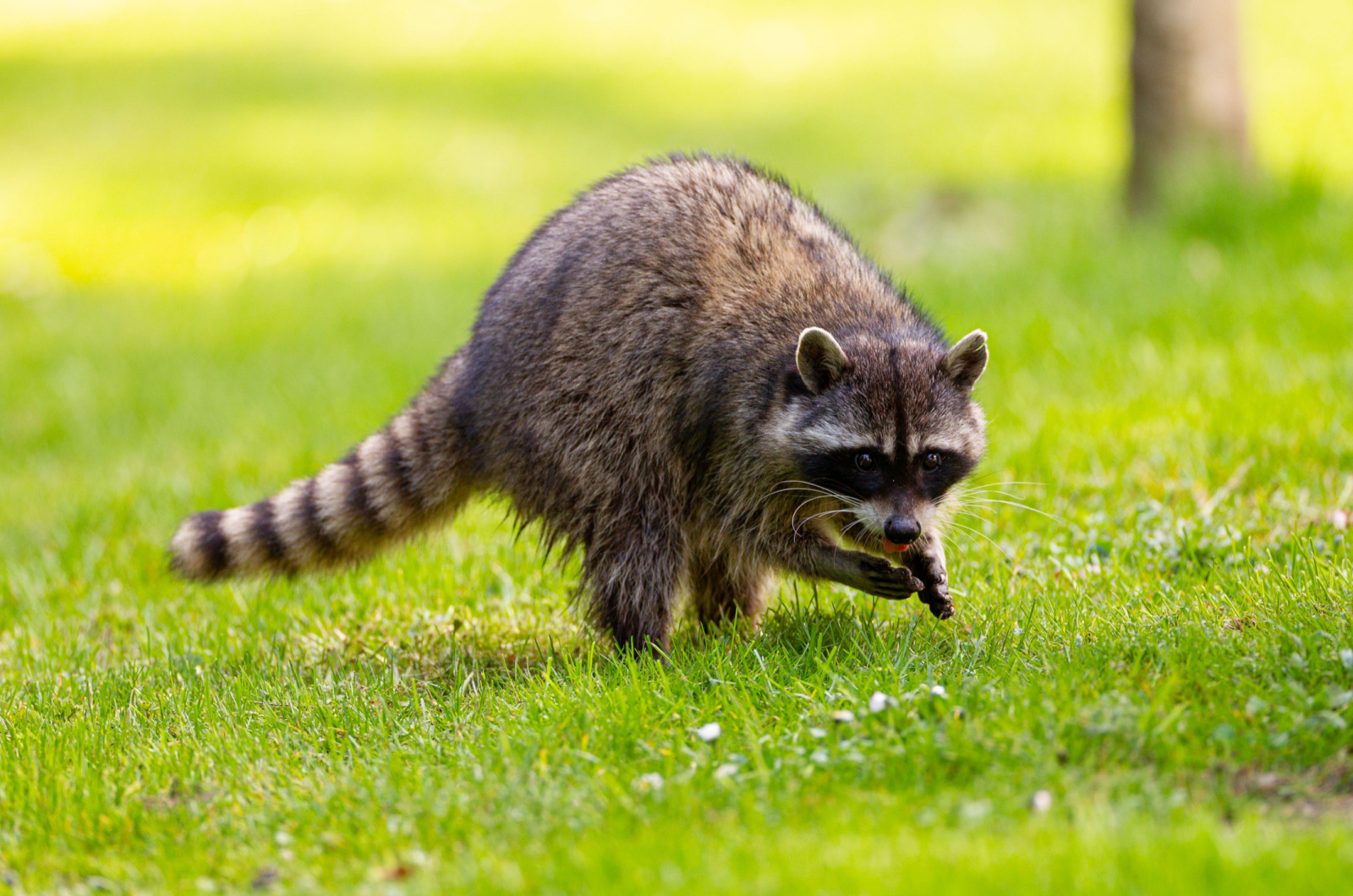
As mentioned, these animals are smart cookies and they won’t be easily deterred no matter how hard you try. If they don’t feel threatened there isn’t really much you can do.
Removing all the food sources is the most effective way to deter these creatures. If they aren’t causing any damage, just leave them be.
If you’re afraid they’re getting too near and are making themselves comfortable, here are some methods you can try.
• Seal any openings: Any hole in your shed or home can be an entrance for a new den to these creatures, so make sure to seal all of them.
• Remove limbs that are in contact with your house: Your attic is in danger of becoming a new home for raccoons if there are tree limbs attached to it, so make sure to cut them all off.
• Use chimney caps: These are super beneficial against raccoons and other critters.
• Take pet food indoors: Once your pets are done with their meal, bring the dishes and leftovers indoors unless you want raccoons, skunks, or mice to inhabit your yard.
• Keep poultry inside their coops: Make sure to seal any holes because raccoons can pull poultry through them.
• Remove bird feeders: No matter how much you like watching birds in your yard, you’ll need to remove feeders if you notice raccoons nearby.
• Lockable lids are lifesavers: Remember that these clever animals are also strong and can easily remove lids unless they’re lockable.
When To Contact Professionals
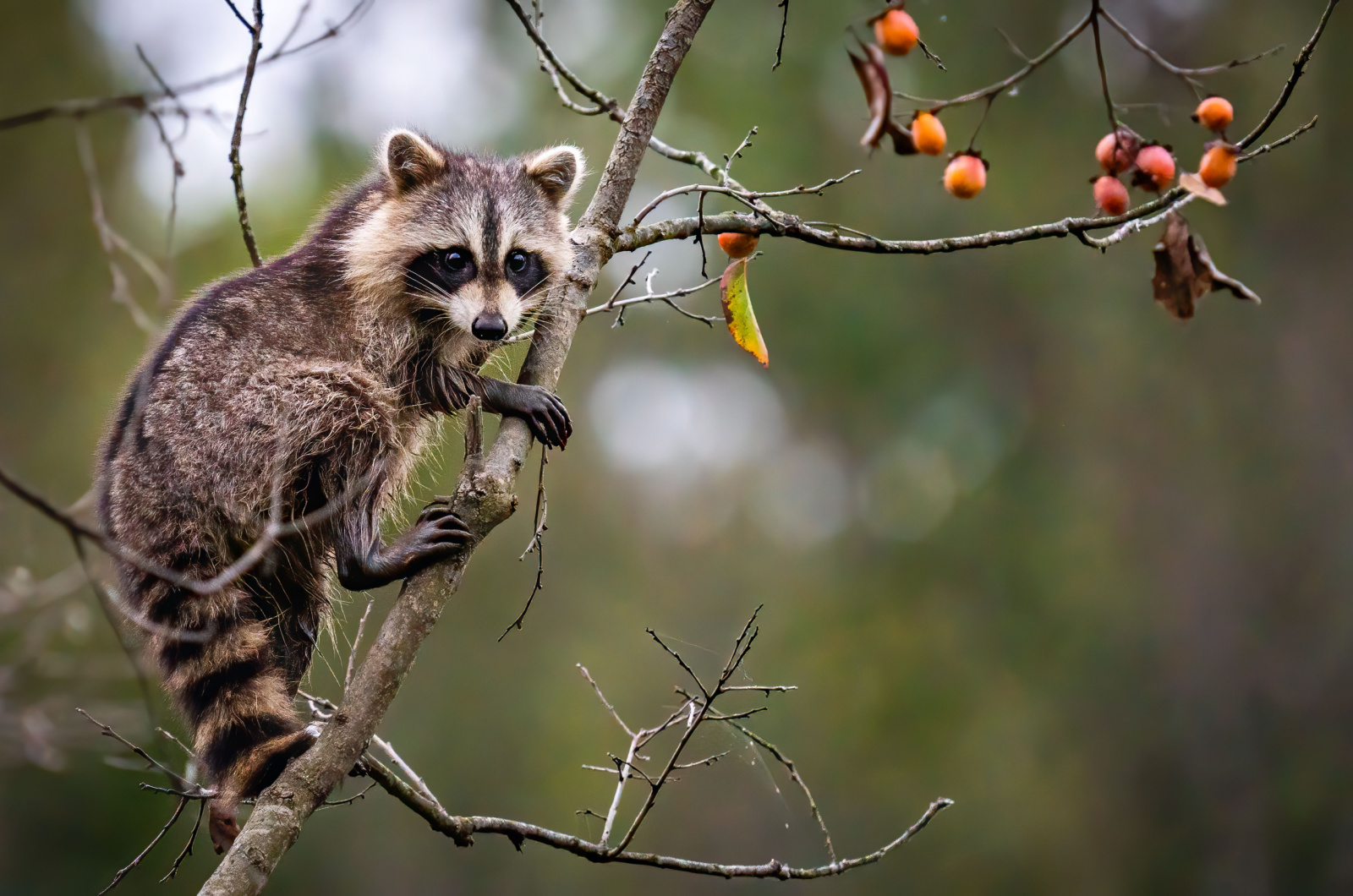
If the population of raccoons in your yard is getting bigger and you notice mothers and babies in dens, do not try to remove them by yourself.
You must contact wildlife specialists because the mother raccoon will defend its babies and could harm you. If you remove the mother, the babies will stay, and that’s not something you want.
Since these creatures can transmit rabies to humans and pets, do not handle them by yourself. Always contact professionals if you notice any raccoon with strange behavior.
Keeping raccoons away from your property may seem hard, but with these guidelines you’re one step closer to a raccoon-free outdoor space.
References
1. Managing raccoon problems in Missouri | MU Extension. (2022, October 1).
2. CDC – Roundworms & Hookworms. (n.d.).

